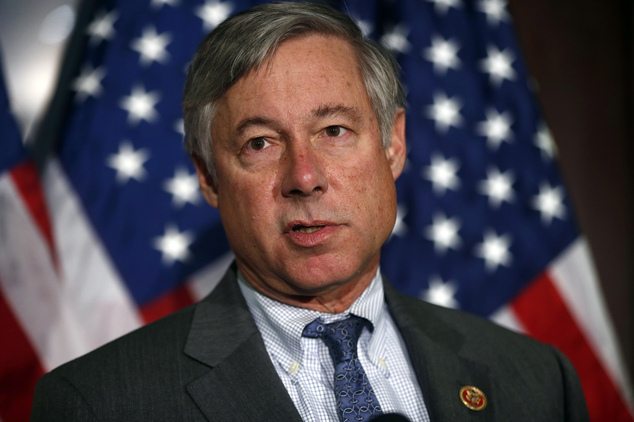-
Tips for becoming a good boxer - November 6, 2020
-
7 expert tips for making your hens night a memorable one - November 6, 2020
-
5 reasons to host your Christmas party on a cruise boat - November 6, 2020
-
What to do when you’re charged with a crime - November 6, 2020
-
Should you get one or multiple dogs? Here’s all you need to know - November 3, 2020
-
A Guide: How to Build Your Very Own Magic Mirror - February 14, 2019
-
Our Top Inspirational Baseball Stars - November 24, 2018
-
Five Tech Tools That Will Help You Turn Your Blog into a Business - November 24, 2018
-
How to Indulge on Vacation without Expanding Your Waist - November 9, 2018
-
5 Strategies for Businesses to Appeal to Today’s Increasingly Mobile-Crazed Customers - November 9, 2018
House Medical Bill Sparks Drug Safety Debate
The House has overwhelmingly approved a bipartisan bill that would speed federal approval of drugs and medical devices and give a big financial boost to biomedical research.
Advertisement
The legislation would also make changes to specific pharmaceutical marketing practices by allowing drugmakers to share off-label economic data about their products with payers and formulary committees as well as again carving out an exemption for continuing medical education so that some CME activities would be exempt from disclosure in the Open Payments database.
It was introduced by Rep. Fred Upton, R-Mich. and has 230 co-sponsors.
Over the next five years, the House measure would provide an extra $1.75 billion yearly for the National Institutes of Health, which finances much of the country’s biomedical research.
“There’s a misperception that you might be able to speed up innovation by lowering the standards for safety and efficacy, and I think that would be a bad mistake that would not only just damage patients, but industry as well”, Hamburg said in public remarks in March.
The bills deregulate medical research to streamline the approval process for new medicines and devices. “At its core, this legislation is a horse trade: In exchange for increased funding for the world-renowned National Institutes of Health, lawmakers added perks for the pharmaceutical and medical device industries”. And although it continues to enjoy the backing of hundreds of industry, research, and patient organizations, some scientists and advocates are asking whether the effort to speed cures to patients might unintentionally compromise their safety.
The bill would also authorize $550 million for the Food and Drug Administration (FDA) and give the agency a host of new responsibilities.
Other provisions would let regulators use shorter studies with fewer people as they decide whether drugs and devices are safe. New uses of existing drugs could be based partly on case studies and other processes that are less rigorous than traditional clinical trials.
Conservatives were unhappy because the NIH and FDA would get their additional research funds automatically and because that money would be on top of – not part of – the amounts Congress spends annually on domestic programs. There would be a streamlined process for approving new antibiotics for patients with resistant infections. But it but did not threaten a veto.
Advertisement
The bill’s new spending would be paid for, mostly by selling $7 billion worth of oil from the Strategic Petroleum Reserve, the government’s emergency oil stockpile. They offered an amendment under which the research money would not be guaranteed, but it was opposed by GOP leaders and the chamber rejected it, 281-141. Another $2.5 billion would come from trimming federal Medicaid reimbursements to states. That move is meant to create a greater profit incentive for developers, but some argue it could increase hospital use of the drugs and encourage more bacterial resistance.




























